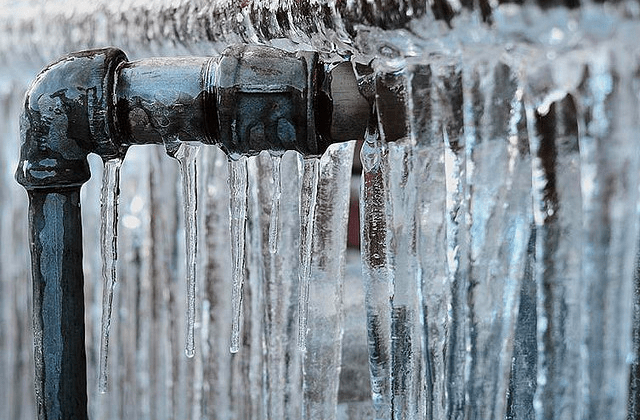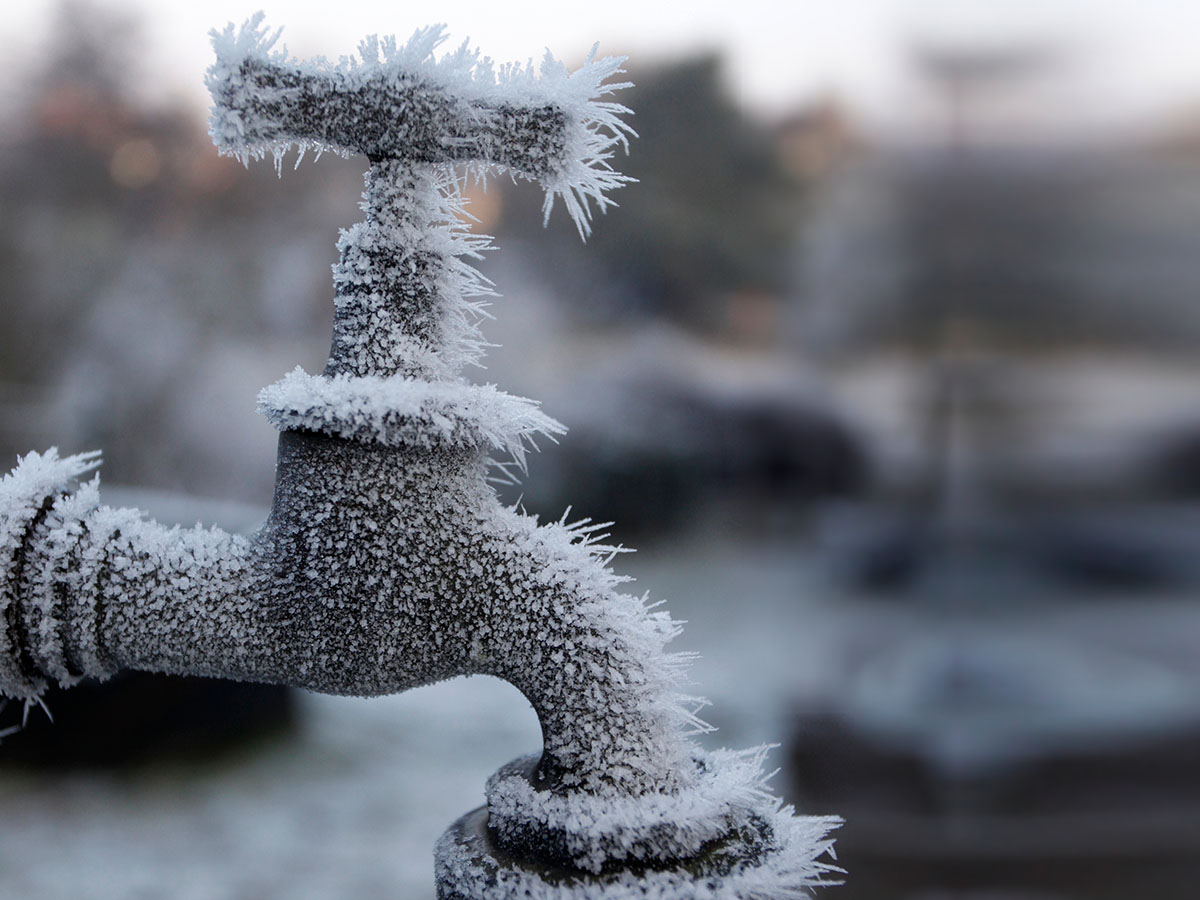Avoid Frozen Plumbing in Cold Weather: Pro Tips
Avoid Frozen Plumbing in Cold Weather: Pro Tips
Blog Article
This article which follows pertaining to Helpful Tips to Prevent Frozen Pipes this Winter is absolutely insightful. You should check it out.

Cold weather can ruin your pipes, particularly by freezing pipes. Here's how to prevent it from occurring and what to do if it does.
Introduction
As temperatures decrease, the threat of frozen pipes increases, potentially leading to pricey repair work and water damages. Comprehending how to stop icy pipes is critical for house owners in cold climates.
Avoidance Tips
Protecting at risk pipes
Cover pipes in insulation sleeves or utilize warmth tape to protect them from freezing temperature levels. Concentrate on pipes in unheated or exterior areas of the home.
Home heating techniques
Keep interior areas adequately heated, particularly locations with pipes. Open up closet doors to permit warm air to circulate around pipes under sinks.
How to identify frozen pipes
Seek decreased water flow from faucets, uncommon odors or sounds from pipes, and noticeable frost on exposed pipes.
Long-Term Solutions
Structural changes
Think about rerouting pipelines far from outside wall surfaces or unheated areas. Include added insulation to attics, basements, and crawl spaces.
Upgrading insulation
Buy top quality insulation for pipelines, attic rooms, and wall surfaces. Correct insulation assists preserve constant temperature levels and minimizes the danger of frozen pipes.
Protecting Outdoor Pipes
Yard hose pipes and outdoor taps
Separate and drain pipes yard hoses prior to winter. Mount frost-proof faucets or cover outdoor taps with protected caps.
Comprehending Icy Pipes
What causes pipelines to freeze?
Pipelines freeze when revealed to temperature levels below 32 ° F (0 ° C) for extended periods. As water inside the pipelines freezes, it expands, taxing the pipe wall surfaces and possibly creating them to break.
Dangers and damages
Icy pipelines can result in water supply interruptions, residential or commercial property damages, and pricey repairs. Burst pipes can flood homes and cause substantial architectural damages.
Indications of Frozen Water Lines
Determining frozen pipes early can avoid them from bursting.
What to Do If Your Pipes Freeze
Immediate actions to take
If you suspect icy pipelines, keep faucets open to relieve stress as the ice thaws. Utilize a hairdryer or towels soaked in hot water to thaw pipes slowly.
Conclusion
Stopping frozen pipelines requires aggressive procedures and quick feedbacks. By recognizing the causes, indicators, and preventive measures, home owners can safeguard their pipes during winter.
6 Proven Ways to Prevent Frozen Pipes and Protect Your Home
Disconnect and Drain Garden Hoses
Before winter arrives, start by disconnecting your garden hoses and draining any remaining water. Close the shut-off valves that supply outdoor hose bibs and leave the outdoor faucet open to allow any residual water to drain. For extra protection, consider using faucet covers throughout the colder months. It’s also important to drain water from any sprinkler supply lines following the manufacturer’s directions.
Insulate Exposed Pipes
Insulating your pipes is an effective way to prevent freezing. Pipe insulation is readily available at home improvement stores and is relatively inexpensive. Pay close attention to pipes in unheated areas such as the attic, basement, crawl spaces, or garage. Apply foam insulation generously to create a buffer against the cold. You can also wrap your pipes in heat tape or thermostat-controlled heat cables for added warmth.
Seal Air Leaks
Inspect your home for any cracks or openings that could let in cold air. Seal any holes around the piping in interior or exterior walls, as well as the sill plates where your home rests on its foundation. Additionally, make sure to keep your garage door closed unless you’re entering or exiting. Leaving it open creates a significant air leak that can lead to frozen pipes.
Allow Warm Air Circulation
During cold snaps, it’s essential to allow warm air to circulate evenly throughout your home. Leave interior doors ajar to promote better airflow. Open kitchen and bathroom cabinets to help distribute heat consistently around the rooms. If you have small children or pets, be sure to remove any household chemicals or potentially harmful cleaners from open cabinets for safety.
Let Faucets Drip
A small trickle of water can make a big difference in preventing ice formation inside your pipes. When temperatures drop significantly, start a drip of water from all faucets served by exposed pipes. This continuous flow helps prevent the water from freezing. Additionally, running a few faucets slightly can relieve pressure inside the pipes, reducing the chances of a rupture if the water inside does freeze.
https://choateshvac.com/6-proven-ways-to-prevent-frozen-pipes-and-protect-your-home/

Hopefully you enjoyed our article about Helpful Tips to Prevent Frozen Pipes this Winter. Thank you so much for spending some time to read through our piece of content. Enjoyed our blog posting? Please quickly share it. Help others discover it. Thank you for taking the time to read it.
View Report this page